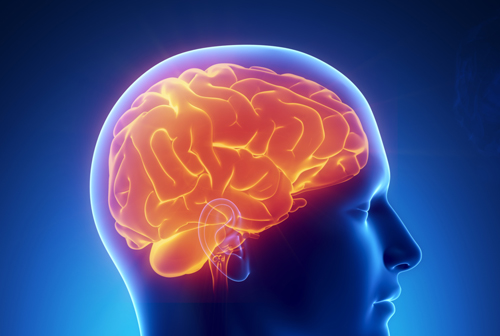
Bacterial meningitis is a potentially life-threatening infection of the meninges, the covering of the brain and spinal cord. The infection, caused by pathogens common in the environment and found in the nose and respiratory system, can result in a swelling of the tissues around the brain, which interferes with blood flow and can produce paralysis or even stroke.
While young children are most susceptible to bacterial meningitis, adults are at risk if they abuse alcohol, have chronic nose and ear infections, sustain a head injury, contract pneumococcal pneumonia, have a weakened immune system from chemotherapy or a transplant, have had the spleen removed, take corticosteroids because of kidney failure or have a sickle cell disease. Additionally, if you have had brain or spinal surgery or have had a widespread blood infection, you also run a higher risk for bacterial meningitis.
Bacterial meningitis infection may appear with a sudden onset of fever, headache and stiff neck. Other symptoms, many of which are similar to those seen in brain injuries, include lethargy, nausea, vomiting, light sensitivity and confusion. If you are hospitalized, antibiotics and steroids are used to treat the condition and alleviate symptoms. It can be months before you can return to normal activities.
Physical therapy, often started while you are in the intensive care unit, can be administered to support recovery, especially to maintain long-term functioning. There, a physical therapist assigned to the case or selected by you will create an environment that reduces your sensitivity to light and sound – such as a darker room to promote calm and reduce headache complaints. Chronic fatigue, often a residual effect of bacterial meningitis, is treated by stretching your muscles to relax the body, and gentle progressive exercises with resistance bands or squeezing an object in the hands can help you regain strength.
Another lingering symptom of bacterial meningitis is abnormal posture. To support mobility of the neck and other areas, we will introduce special positioning and range-of-motion exercises. Education is also a component of meningitis recovery. The Jackson Clinics will work with you and your family to provide information on exercises to maintain strength.
Along with your physician, your physical therapist will assess the physical effects of bacterial meningitis to gain insight into which activities will help or hinder you. Bacterial meningitis is a serious illness, but with physical therapy started early, you can enjoy a full recovery.
